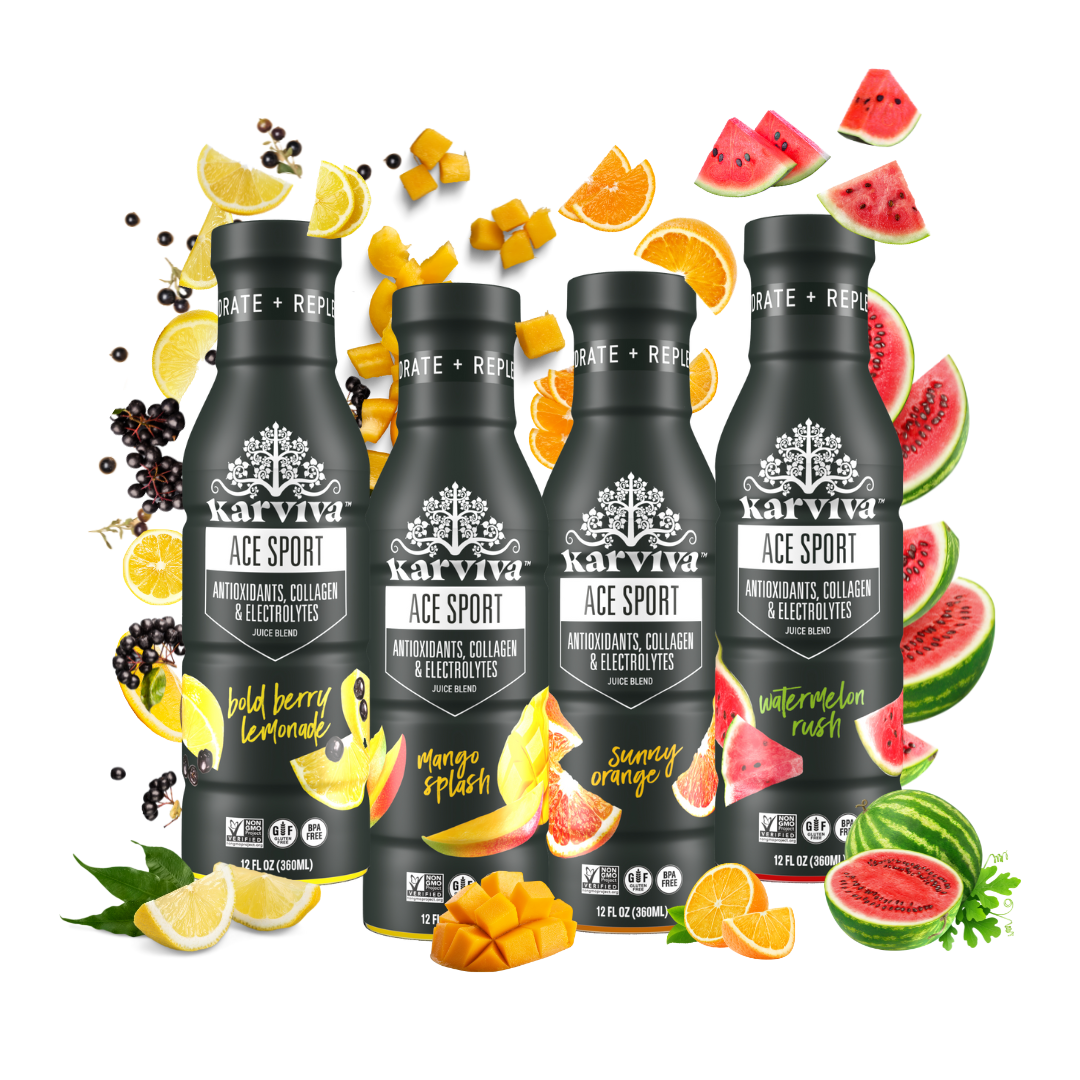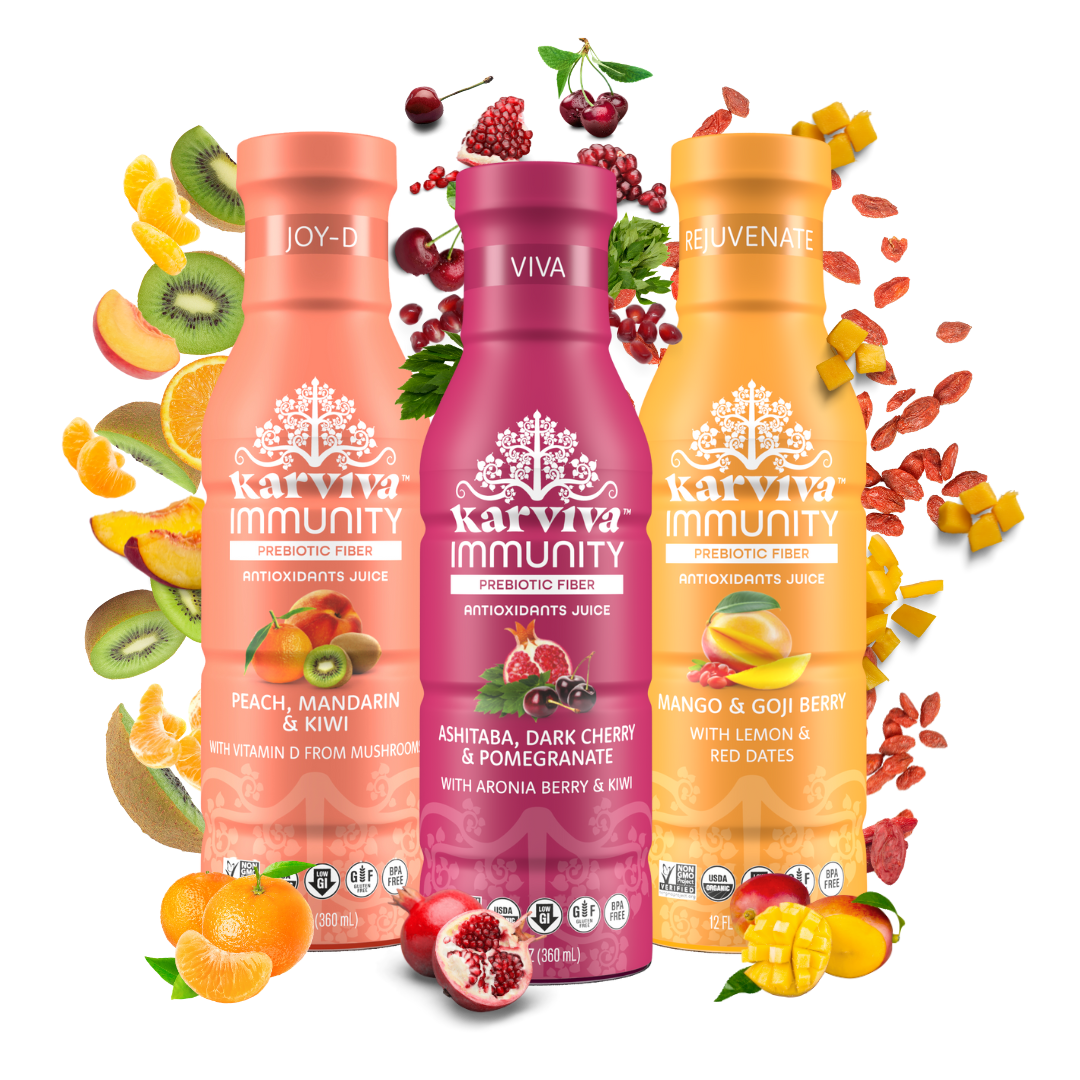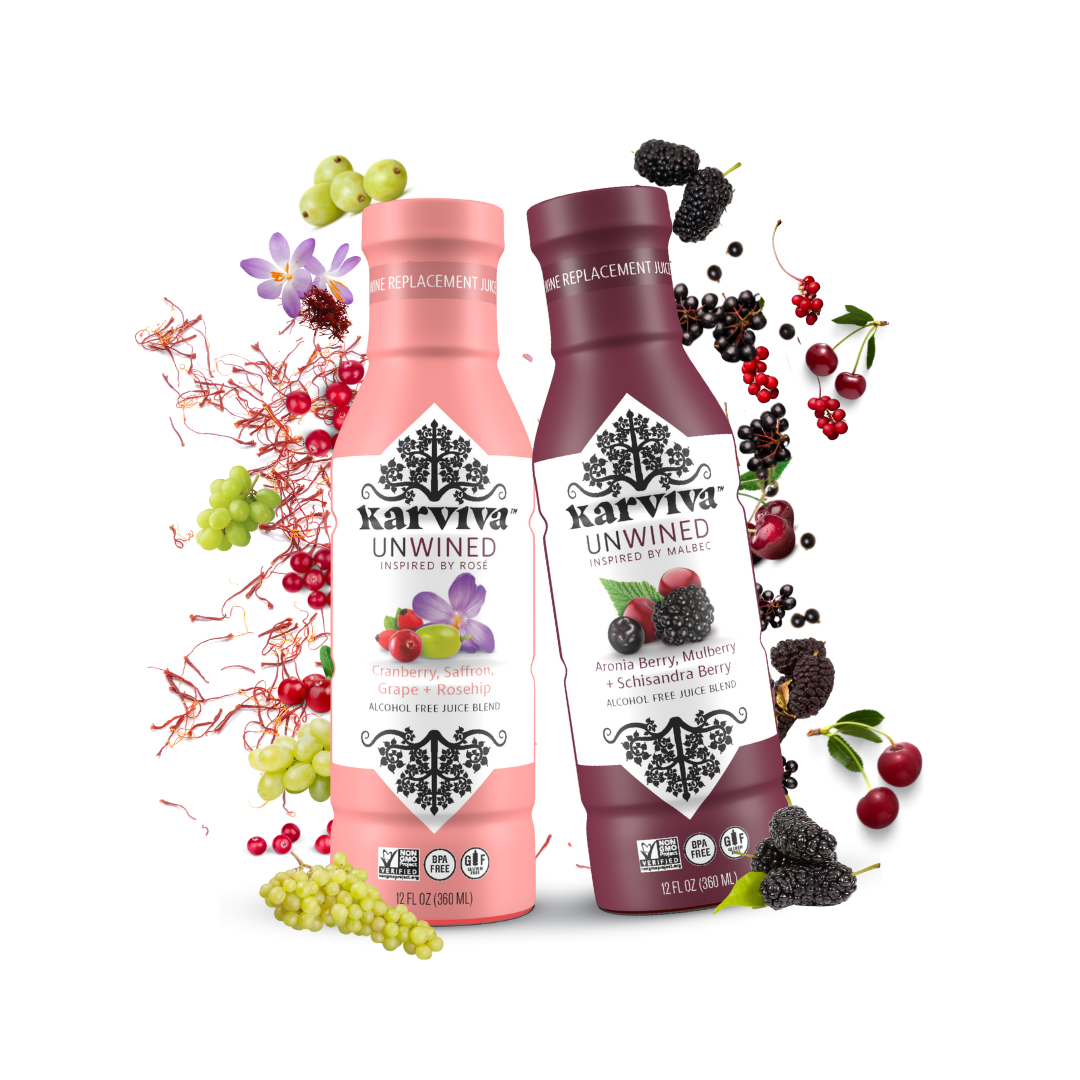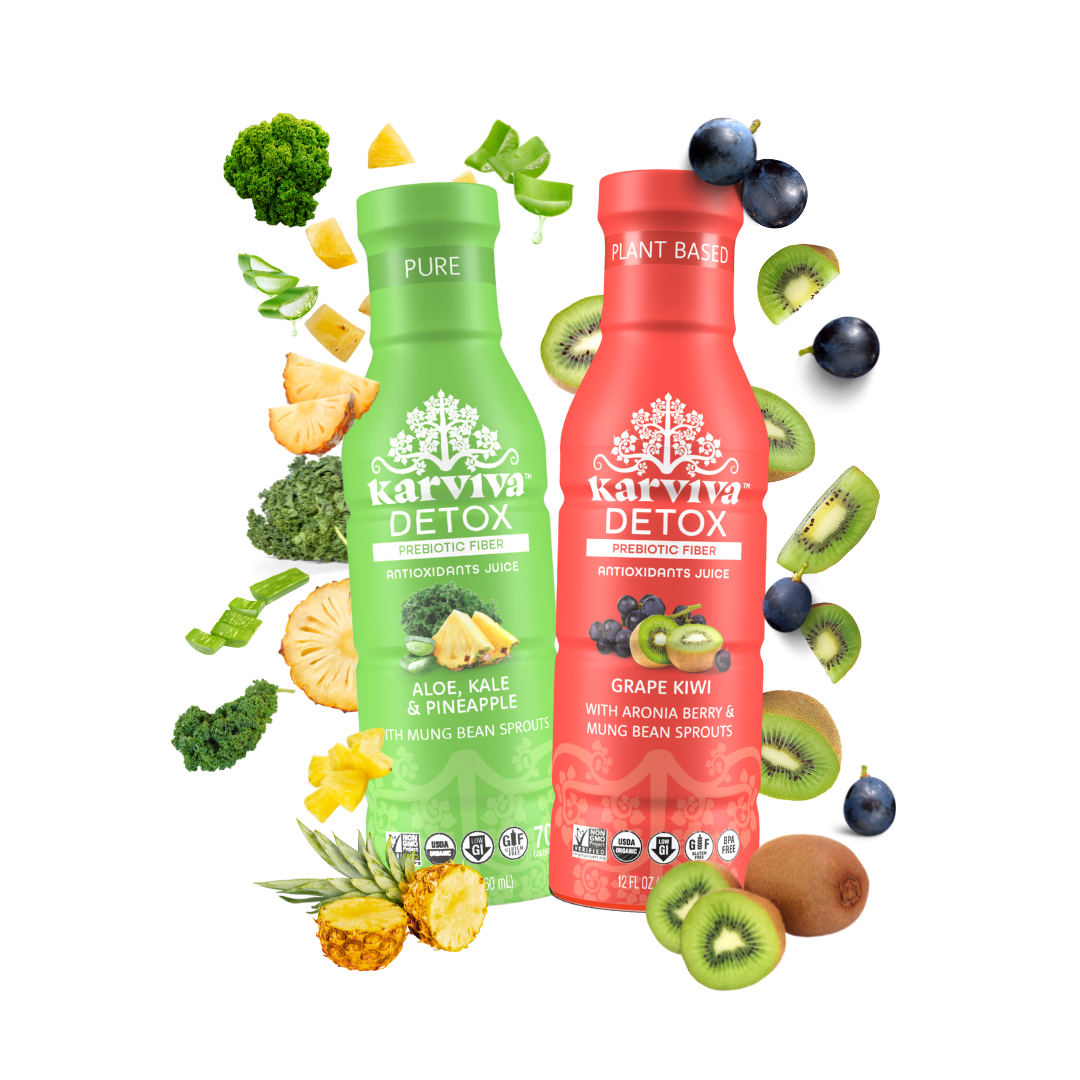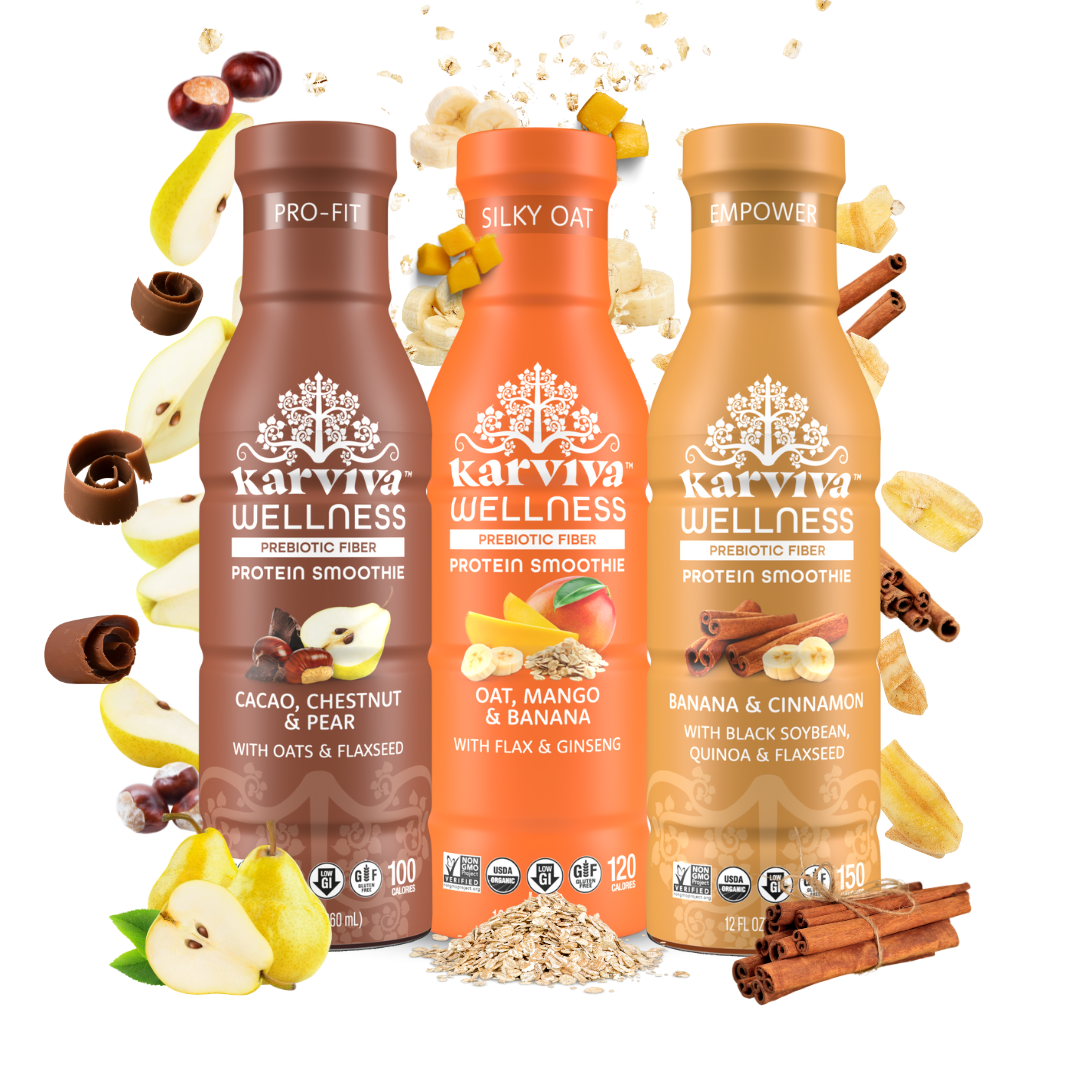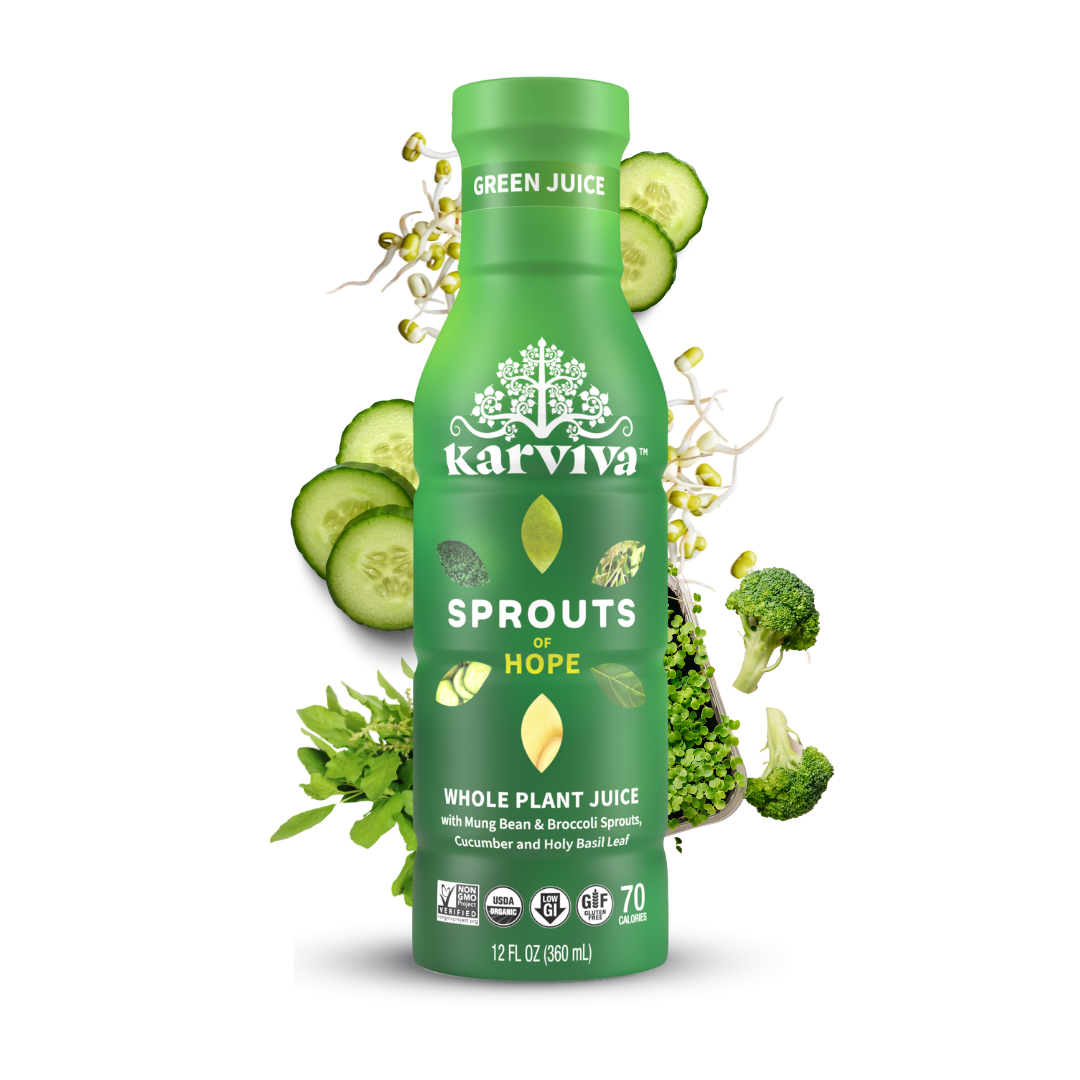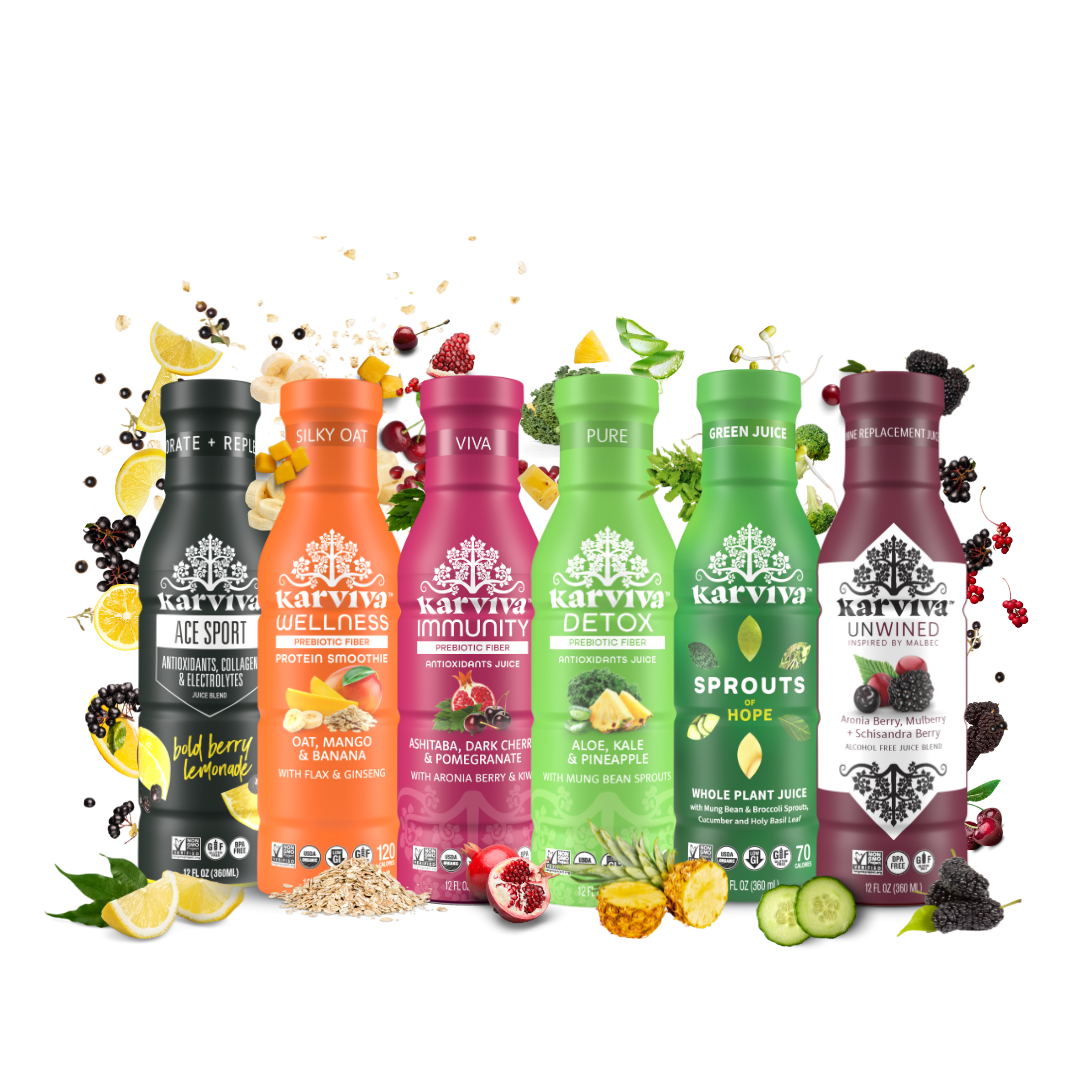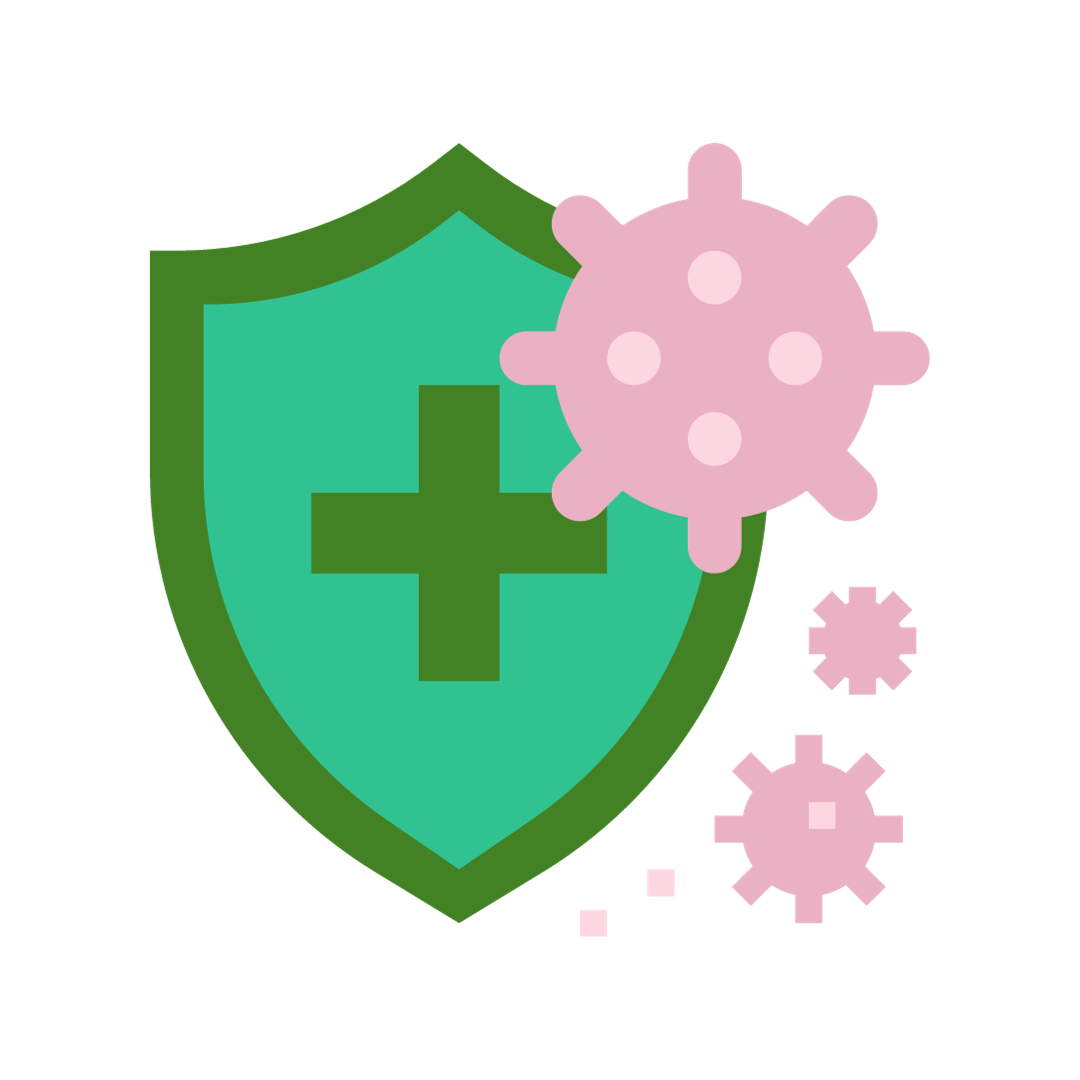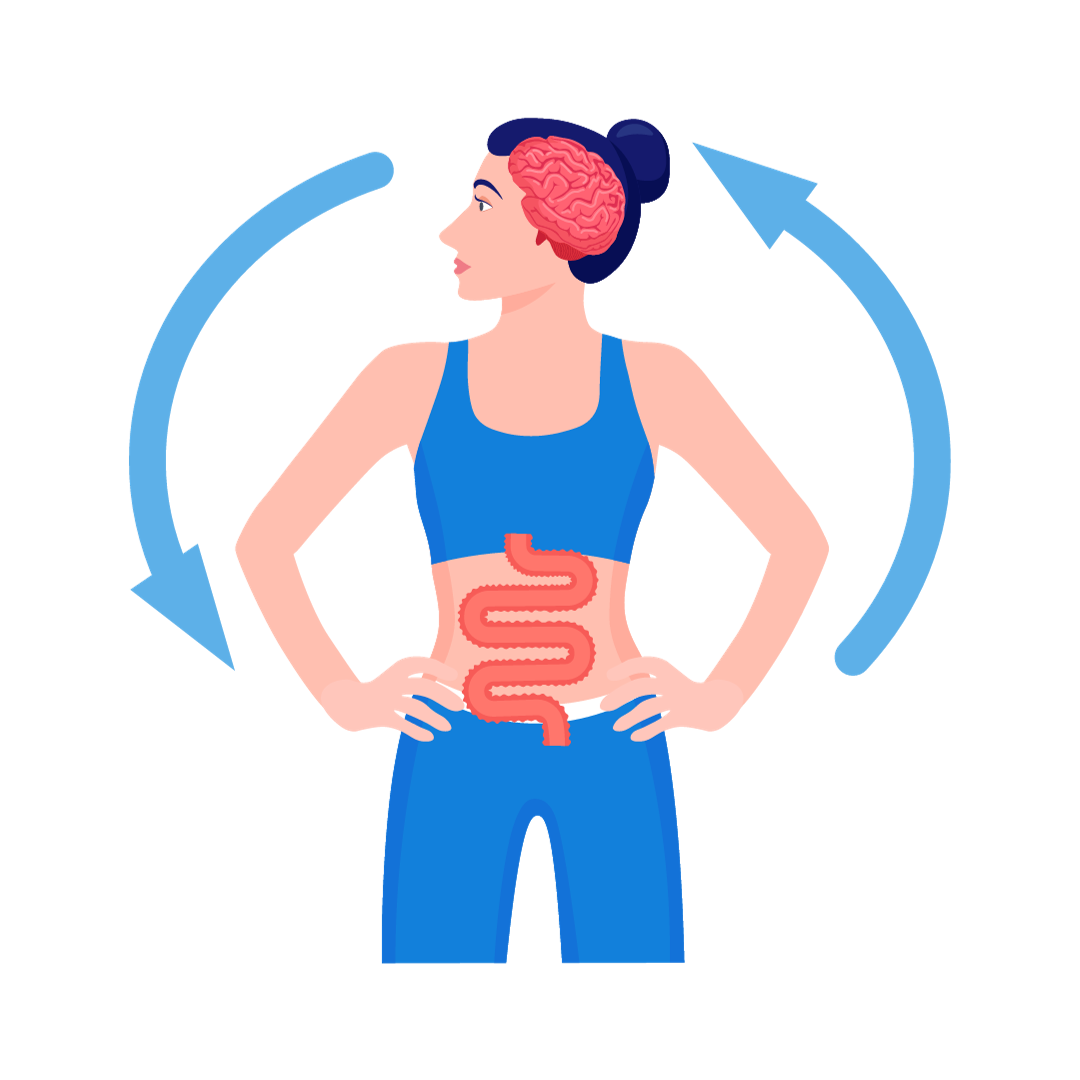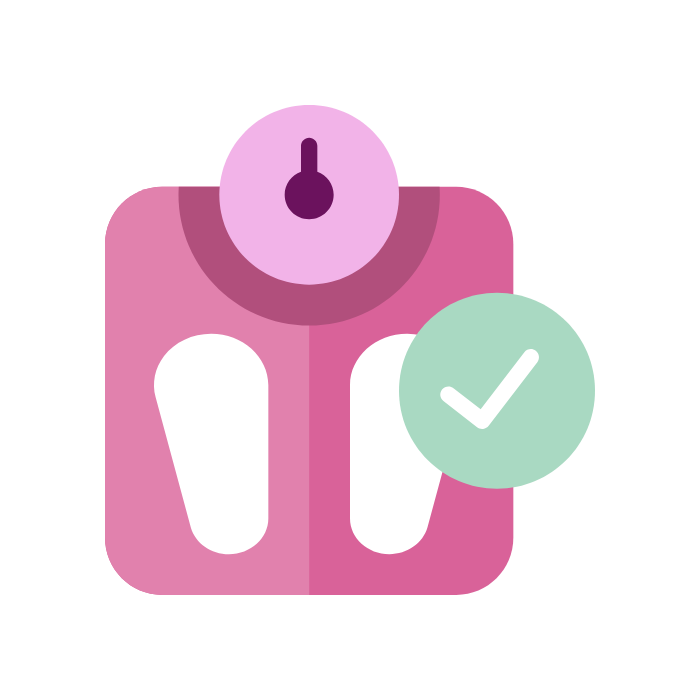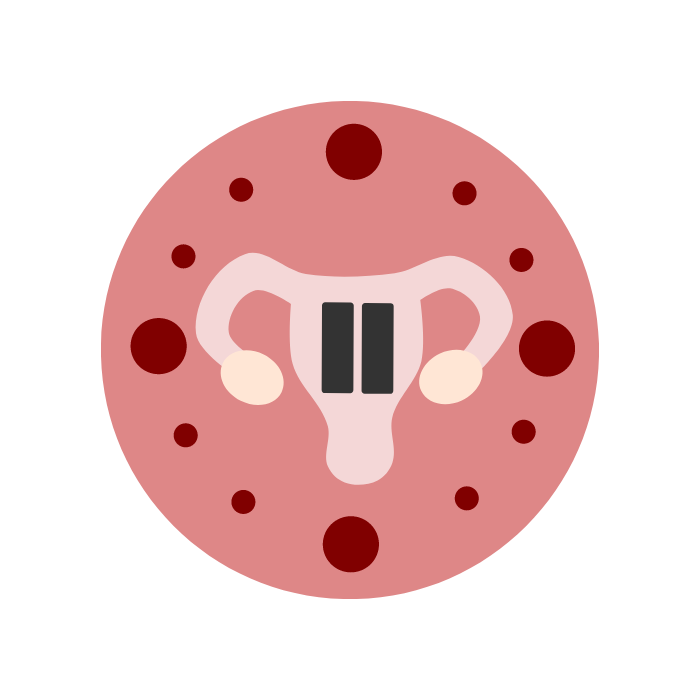A call to action on limiting kids’ sugary beverage consumption
New recommendations released March 25, 2019 by the American Academy of Pediatrics and the American Heart Association call for policy changes to reduce consumption of sugar-sweetened beverages among children and teens. The physicians’ groups say that education around the potential health consequences of too much sugar—such as type 2 diabetes, fatty liver disease, and high cholesterol—have been insufficient to curb consumption of sugar-sweetened drinks, and stress the need for government efforts to stem the problem, similar to those used to reduce tobacco and alcohol consumption. Their recommendations include implementing taxes on sugary beverages and making healthier options like water and milk the default on children’s menus.
I believe most parents, after seeing mountains of evidences that sugar consumption has direct link with many diseases including increased risk of premature death in adults, would agree with this new policy statement. But we all know kids love sweets, as a mom myself, I don’t believe by simply taking away all sweets will necessary achieve the ultimate goal: establishing healthy eating habits of our children. So what should we do?
Sooner is better: Starting the good habits early
Based on a study by researchers at Harvard Department of Epidemiology, nearly half of children in the U.S. aged 2 to 5 years drink sugar-sweetened beverages on any given day. It is particularly important to limit drinks like soda and fruit punch in infants and preschoolers because the regular consumption at a young age promotes a persistent desire for sweetness.
Be a good role model: Your child is your reflection
In the modern society, there are more ways of learning developed than we need. We send our children to schools, to after school programs, to online learning programs. However, none of these will replace the importance of parenting. Our roles change at our children’s various life stages, nevertheless we are our children’s first teacher and will always remain to be the most important one in their life. If we are enjoying a can of soda or sugar loaded smoothie and telling our kids sugary drinks are bad, they most likely will dismiss our messages.
Teach your children nutrition facts: Your child is smart
Like most parents, I didn’t expect my children would understand Nutrition Facts at young age, but you will be surprised how smart you kids can be. Even before they start to read, they can quickly learn tips on how to recognize drinks with too much sugar. The most straight forward way is to simply ask adults around: “how much sugar does it have?” The guideline for kids is not to exceed 20gms of added sugar consumption per day and that is about 5 teaspoons of sugar, not much! A typical cup of lemonade contains 25 grams of added sugar, so it should be considered as a treat not a drink!
Not all “healthy” drinks are created equal: Read the back label
Now these days, the market is flooded with “all natural’, “healthy” drinks, just because a bottle has these words on the front, it doesn’t mean this drink is truly healthy. Always read the nutrition facts and ingredients. Young children are even more sensitive to food additives and chemicals. Be a smart parent, be a good role model, it is a simple investment we can all do for our children.


